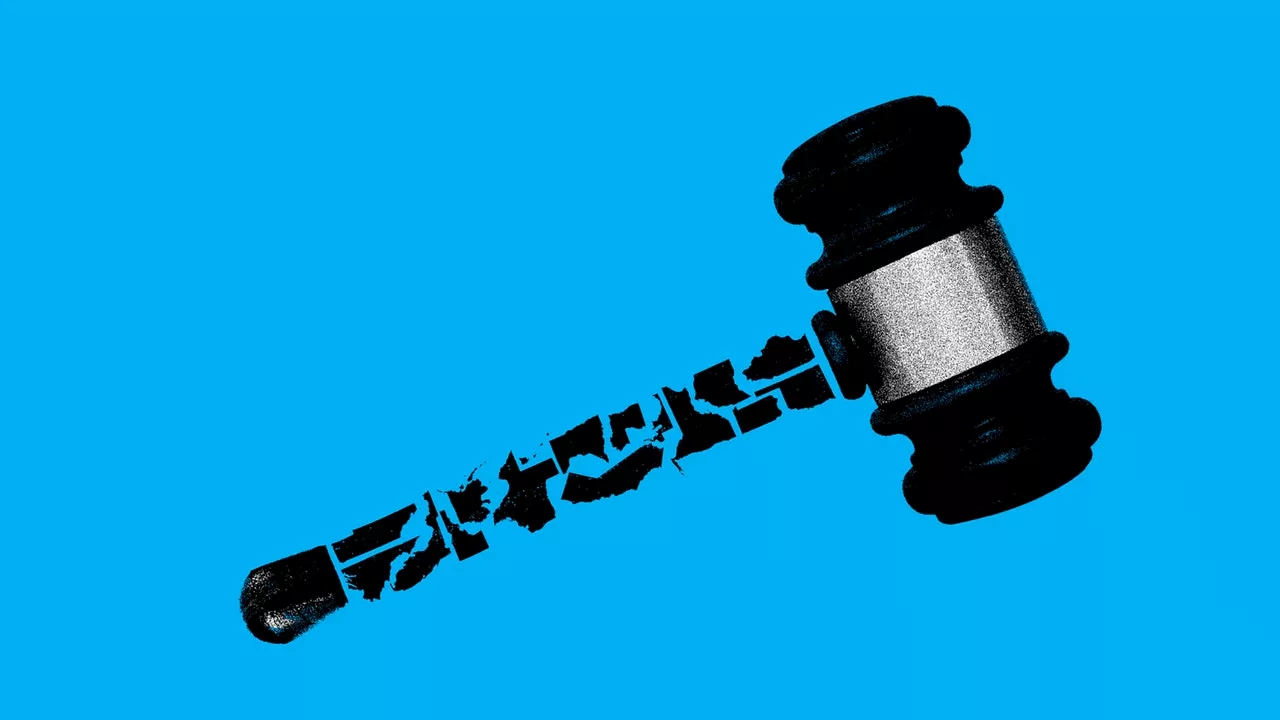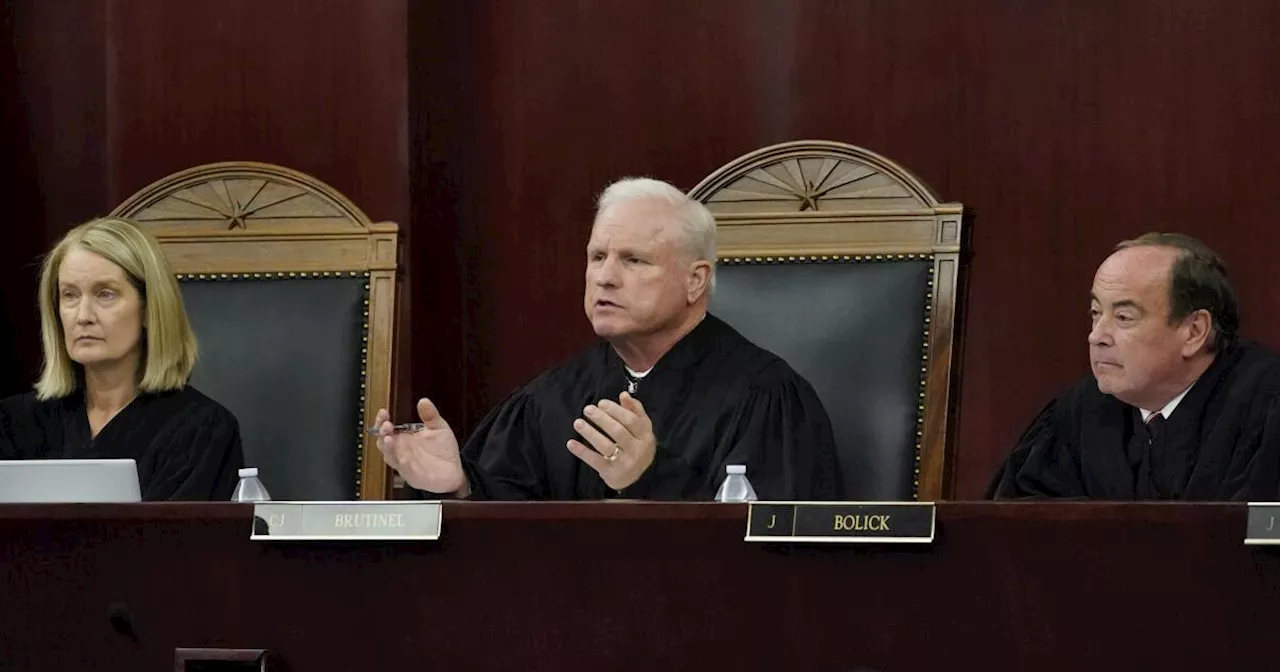The Supreme Court is considering the fate of Chevron deference, a 40-year legal principle that has shaped the role of government agencies. The outcome could affect medication approval, pollution regulation, and more
The Supreme Court is set to rule as soon as Wednesday on a seemingly tedious pair of cases that question who should pay for congressionally mandated observers on fishing boats: the owners of the boats or a federal agency. But far from being small fish, the opinions may rejigger the balance of power among the branches of government and
“Rolling back Chevron is going to create a huge paradigm shift in how the government works and even how Congress legislates,” says Andrew Twinamatsiko, director of the Health Policy and the Law Initiative at Georgetown University. At the time, it was an unremarkable reminder of judicial restraint that had been the norm for a century, Doniger says. “It really wasn’t breaking new ground,” he says. “But it became a very concise restatement of that approach.” In the decades since the decision, the Chevron opinion has been cited more than 16,000 times in courts across the country.
Since the development of Chevron deference, Congress and federal agencies have settled into a pattern that works, experts say. Congress writes legislation—which sometimes remains in place for decades—with ambiguities, and the agencies that know the relevant topics better turn that legislation into meaningful and practical policies.
Regardless of whether Chevron is overturned or weakened, federal agencies will likely face a spike in lawsuits as adversaries feel out the boundaries of the Supreme Court’s decision, experts say. Challenges that succeed will force agencies to start fresh on a given issue after federal workers already spent years developing its related rule. Even unsuccessful challenges pull agency resources from other work, says Emily Hammond, a professor of law at the George Washington University.
United Kingdom Latest News, United Kingdom Headlines
Similar News:You can also read news stories similar to this one that we have collected from other news sources.
 Can State Supreme Courts Preserve—or Expand—Rights?With a lopsided conservative majority on the U.S. Supreme Court, Eyal Press writes, progressive activists are seeking legal opportunities in state constitutions.
Can State Supreme Courts Preserve—or Expand—Rights?With a lopsided conservative majority on the U.S. Supreme Court, Eyal Press writes, progressive activists are seeking legal opportunities in state constitutions.
Read more »
 The newest election battlefield for abortion: State supreme courtsFollowing the demise of Roe v. Wade, interest groups are pouring unprecedented amounts of money into races to elect or retain justices on state supreme courts.
The newest election battlefield for abortion: State supreme courtsFollowing the demise of Roe v. Wade, interest groups are pouring unprecedented amounts of money into races to elect or retain justices on state supreme courts.
Read more »
 Supreme Court courts sides with Starbucks in blow to union activistsExperts say the decision could make it harder for the National Labor Relations Board to obtain relief when companies are accused of violating labor law.
Supreme Court courts sides with Starbucks in blow to union activistsExperts say the decision could make it harder for the National Labor Relations Board to obtain relief when companies are accused of violating labor law.
Read more »
 Chevron isn’t the main cause of pollution in Richmond: Letter to the editor“I worked at Chevron Research in the lab on the sixth floor. On hot days I would go on the balcony and look east and I could see where freeways 80 and 580 were because of all the smog over th…
Chevron isn’t the main cause of pollution in Richmond: Letter to the editor“I worked at Chevron Research in the lab on the sixth floor. On hot days I would go on the balcony and look east and I could see where freeways 80 and 580 were because of all the smog over th…
Read more »
 Environmental activists seek a 'buck a barrel' tax on Chevron refineryRichmond city leaders are taking aim at the Chevron refinery with a crucial vote that could make the city's largest employer subject to a major tax.
Environmental activists seek a 'buck a barrel' tax on Chevron refineryRichmond city leaders are taking aim at the Chevron refinery with a crucial vote that could make the city's largest employer subject to a major tax.
Read more »
 Richmond council places Chevron tax on November ballotThe controversial measure calls for Chevron to pay an estimated $60 million and $90 million in additional taxes annually.
Richmond council places Chevron tax on November ballotThe controversial measure calls for Chevron to pay an estimated $60 million and $90 million in additional taxes annually.
Read more »
